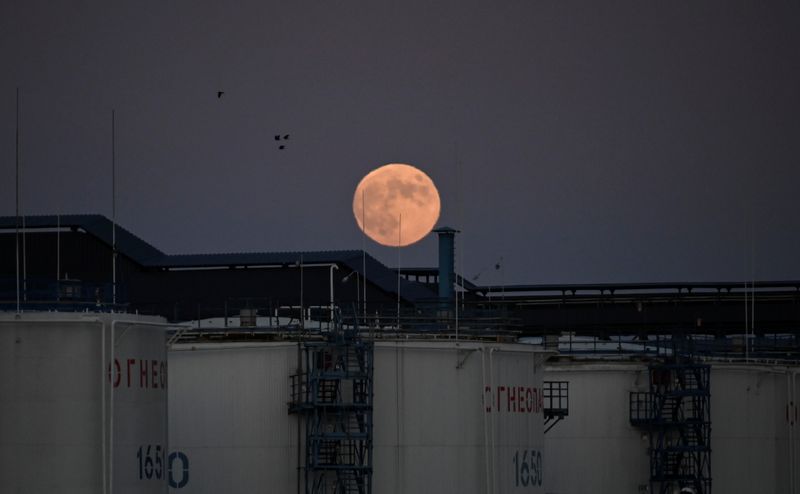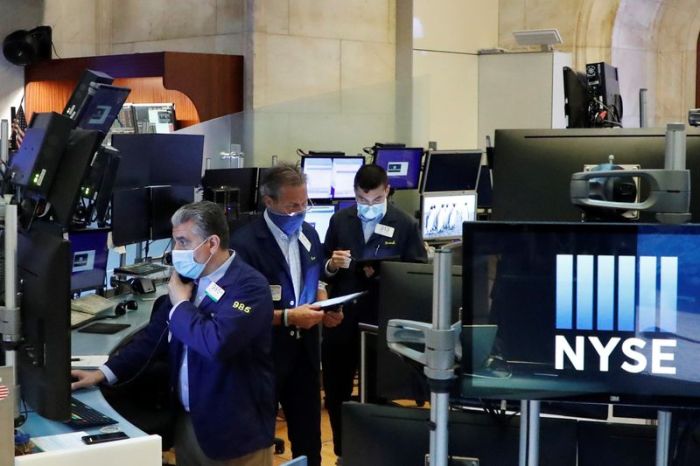NEW YORK (Reuters) – Oil prices settled little changed on Tuesday as demand concerns due to a new surge in coronavirus cases overshadowed U.S. government forecasts for lower production.
Brent crude <LCOc1> futures settled at $43.08 a barrel, down 2 cents in the session. U.S. West Texas Intermediate <CLc1> settled down 1 cent at $40.62 a barrel.
Early in the session, the market popped because of the higher forecast demand, and more bullish jobs data, said Phil Flynn, senior analyst at Price Futures Group in Chicago. But the market gave up the gains as focus returned to rising coronavirus cases.
The U.S. Energy Information Administration (EIA), forecast that global oil demand would recover through the end of 2021, predicting demand of 101.1 million barrels per day (bpd) by the fourth quarter of next year.
“Global oil demand continues to recover faster than previously estimated,” Linda Capuano, EIA administrator, said, noting that global liquid fuels consumption in the second quarter was down an average 16.3 million bpd from a year earlier.
Oil prices also got a boost as equities edged higher after the U.S. Labor Department’s Job Openings and Labor Turnover (JOLTS) survey for May showed the largest-ever monthly gain for hirings.
Still, 16 U.S. states have reported record increases in new COVID-19 cases in the first five days of July, according to a Reuters tally.
Florida is reintroducing some limits on economic reopenings. California and Texas also reported high infection rates.
Other parts of the world, such as Australia, have also been hit by a resurgence in new infections.
Saudi Arabia raised its August crude official selling prices on Monday in a sign it sees demand picking up. But some analysts said the move could weigh on already poor margins for refiners.
“While record output cuts from the Saudis and the rest of OPEC+ support the idea of stronger differentials, this again will not be welcome news for refiners, doing little to help their margins, which are already under significant pressure,” bank ING said.
The U.S. crude market faces some uncertainties from a court decision on Monday ordering the shutdown of the Dakota Access pipeline, the biggest artery transporting crude oil from North Dakota’s Bakken shale basin to the Midwest and Gulf Coast regions, due to environmental concerns.
Market sources in the Bakken said the closure of the 570,000-bpd pipeline, while an environmental impact statement is completed, will likely divert some oil flows to transportation by rail.
(Additional reporting by Sonali Paul, Seng Li Peng and Ahmad Ghaddar; editing by David Gregorio and Alistair Bell)


























